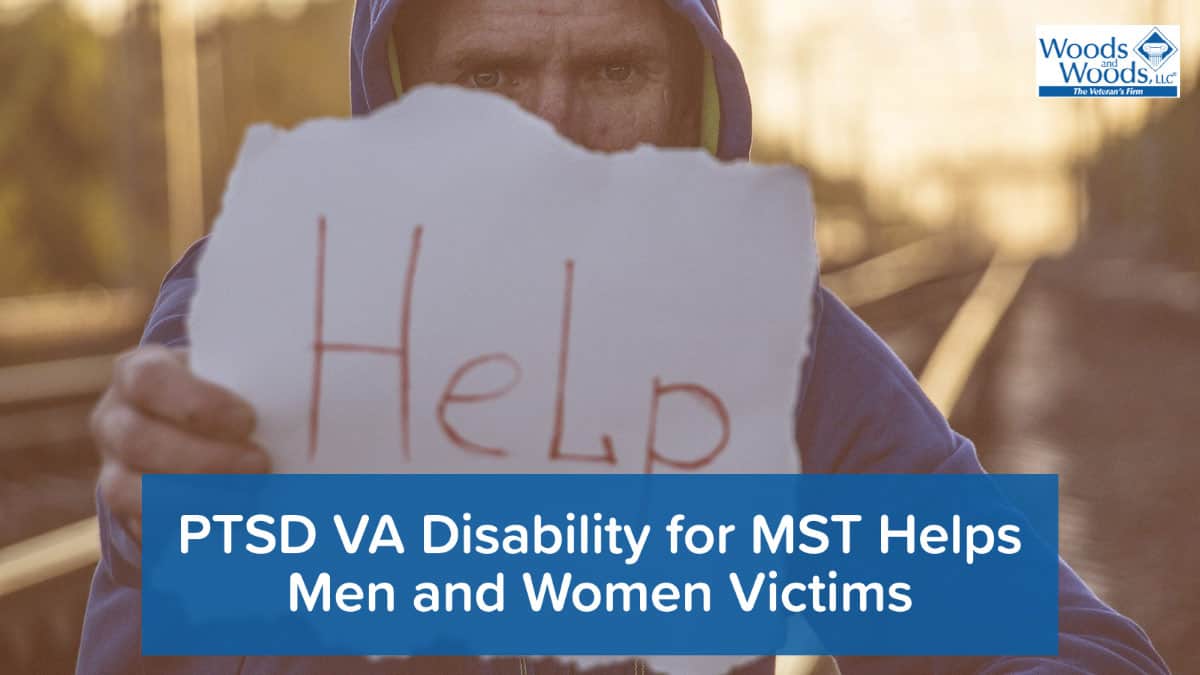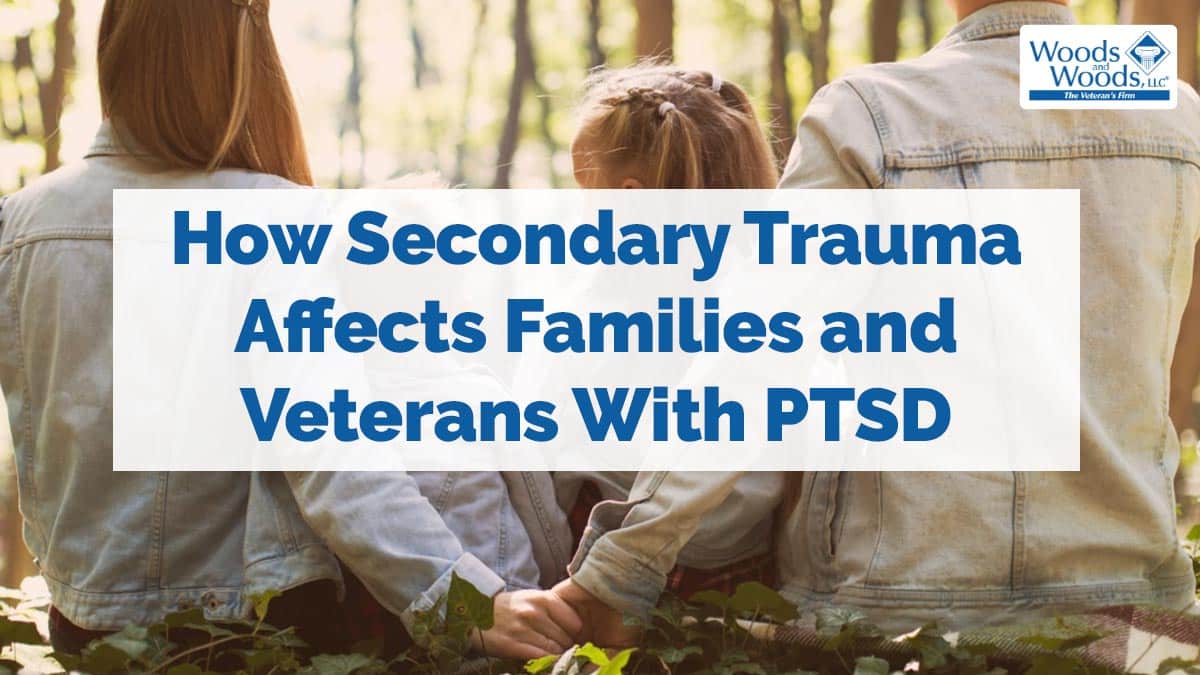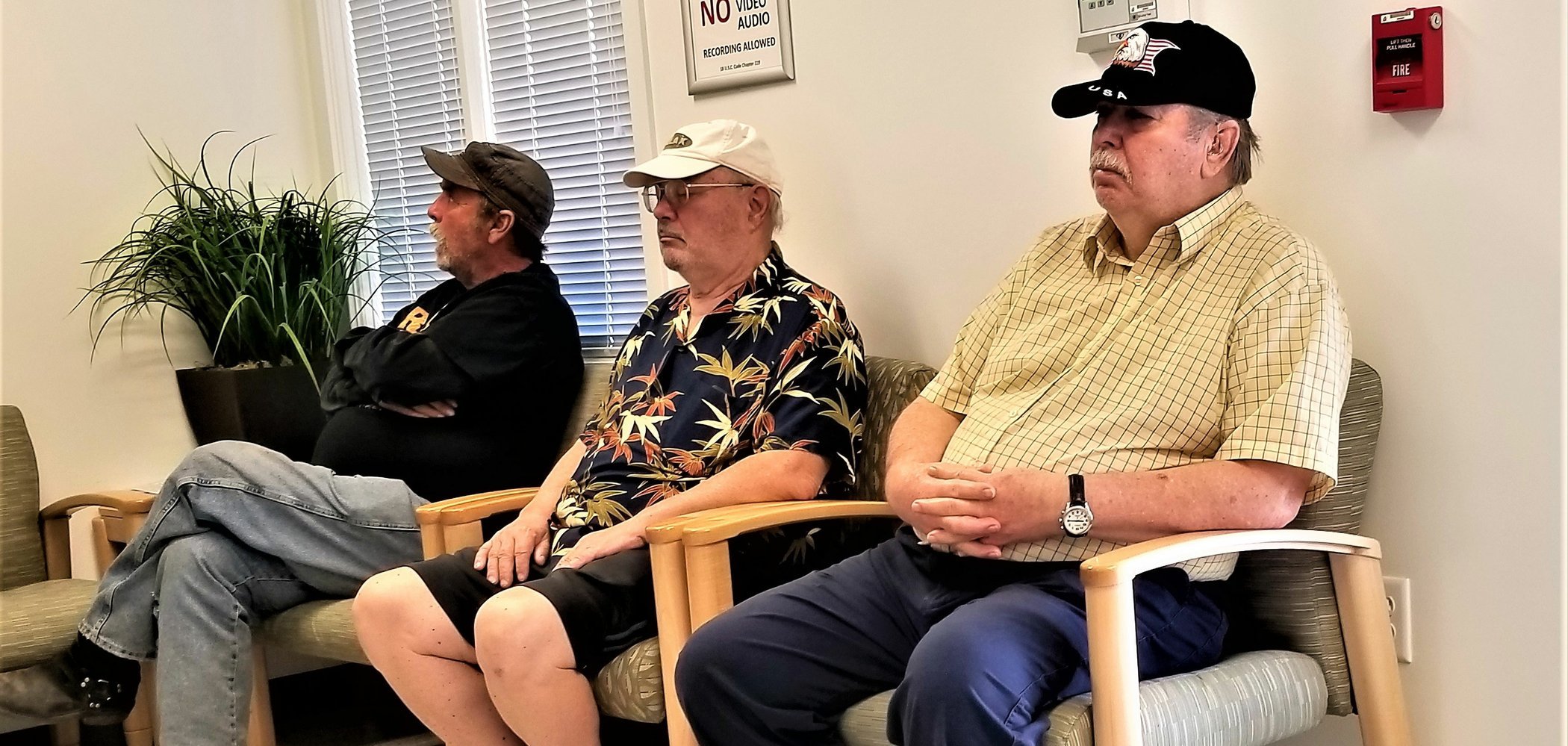Va Aid And Attendance Benefits You May Never Have Heard About
One of the most misunderstood categories of VA benefit is the aid and attendance benefit.
Why? The term seems fairly innocuous and easily understood, after all.
Well, when it comes to VA aid and attendance benefits, there is a lot of bad information and misinformation out there.
Most of it is harmless someone just got confused over terms and used imprecise language when describing a benefit. Other times, it is a bit more harmful.
For example, the conversation aboutVA aid and attendance benefits is dominated by what I call the Pension Poachers.
Pension Poachers are a special breed of insurance salesman that prey on elderly benefits. You can read all about Pension Poachers by clicking here.
Do a Google search for VA Aid and Attendance Benefits and the first 10 pages of results are littered with people pushing this type of benefit almost always to the exclusion of a discussion of the many other types of aid and attendance benefits which might yield a greater benefit to the Veteran or his surviving spouse.
Fortunately, the VA has proposed new regulations governing the Non-Service Connected Pension, and the abuses perpetuated by Pension Poachers. Most of the information about these changes is written by the very poachers that will see limited profit from these rule changes. The most objective information about these changes I have found is on the William & Mary Law School Vet Law and Benefits Blog.
And you do NOT need to be elderly to qualify for aid and attendance.
Who Can Be Considered A Caretaker
Veterans applying for aid and attendance benefits likely have a caretaker at home to help with daily tasks. The VA does not have limits or requirements on who can be considered a caretaker. It is whoever provides your regular care. Oftentimes this is a spouse for married veterans, but it is not limited as such. Children, parents, siblings, friends, neighbors or even hired help are acceptable. This means that skilled nursing aides and other home care workers can be considered a caretaker.
Get Your Free Legal Consultation
Need help? Want more information? Talk to Woods & Woods VA certified disability attorneys at no cost. We can explore what all legal options are available to you at this time. Even if you have a legal issue our firm doesnt handle, we may find you an attorney who can help. Thousands of veterans contact Woods & Woods VA benefits lawyers every year and get the legal assistance they deserve.
Talking to a VA Aid and Attendance veterans disability benefits lawyer wont cost you anything. Legal consultations are always free. A VA Aid and Attendance veterans disability benefits lawyer can get you headed in the right direction and get you the monetary help you need.
You May Like: How Much Can You Earn On Disability
What Is Ptsd In Veterans
Post-Traumatic Stress Disorder, or PTSD, is a mental health condition that some veterans develop after experiencing or witnessing a life-threatening event, such as a combat situation, a natural disaster, a car accident, or a sexual assault.
During the traumatic event, you may not have any control over whats happening, and you may feel very afraid, in fact, you might have feared for your life.
Veterans who have gone through a traumatic event can develop PTSD.
Note that its completely normal to have upsetting memories, feel on edge, or have trouble sleeping after the traumatic event.
Initially, it may be hard to do daily activities you are used to doing, such as, go to work, go to school, or spend time with family and friends.
Most veterans start to feel better after a few weeks or months.
But for some veterans, PTSD symptoms may start later, or they may come and go over time.
If its been longer than a few months and thoughts and feelings from the trauma are upsetting you or causing problems in your life, you may have PTSD.
What Are The Special Requirements For Ptsd Mst Claims

VA disability claims for PTSD MST require special care and handling by the Veteran Service Representative and VA Rater assigned to your claim.
Personal trauma for the purpose of Department of Veterans Affairs disability compensation claims based on posttraumatic stress disorder refers broadly to stressor events involving harm perpetrated by a person who is not considered part of an enemy force.
Examples include, assault, battery, robbery, mugging, stalking, harassment.
Military Sexual Trauma is a subset of personal trauma and refers to sexual harassment, sexual assault, or rape that occurs in a military setting.
Examples of PTSD MST include the following:
- Being pressured or coerced into sexual activities, such as with threats of negative treatment if you refuse to cooperate or with promises of better treatment in exchange for sex,
- Someone having sexual contact with you without your consent, such as when you were asleep or intoxicated,
- Being physically forced to have sex,
- Being touched in a sexual way that made you uncomfortable,
Recommended Reading: What Is Permanent Partial Disability In Ohio
Va Aid And Attendance: Not Well
VA Aid and Attendance is a lesser-known benefit. Aid and Attendance is a bit of a misnomer when it comes to this pension benefit the term itself is a medical rating that allows for additional allowances in the event that the Veteran or surviving family member is housebound and/or needs the regular aid and attendance of another person.
Even more confusing is the fact that Aid and Attendance allowances aren’t exclusive. They’re available to Veterans with service-connected disabilities and to their spouses. Surviving spouses already receiving Dependency and Indemnity Compensation are also eligible to receive Aid and Attendance allowances. Believe it or not, there are close to 16 different levels of allowances for Veterans and or their surviving spouses, and these levels are both service-connected and non-service-connected.
How Long Does The Application Take To Process
Approval time varies and depends on the workload at the VA Pension Management Center for your region. For many applicants, it takes roughly nine months to get approved. Dont let this discourage you from applying. Once you or your loved one have A& A approval, the first benefit payment is a lump sum covering all the time between the date you filed the application and the date of approval.
If the applicant is over 90 years old, you can include a letter with the application requesting that it be expedited. The VA is supposed to prioritize applications from veterans age 90 and older.
You May Like: Who Is The Best Social Security Disability Lawyer
Im Eligible For Multiple Levels Of Smc How Do The Payments Work
If you qualify for multiple levels of SMC, they can be combined together to give you the next level of SMC. For example, you could be receiving SMC-L due to the loss of use of a hand or foot, and another SMC-L for Aid and Attendance for service-connected PTSD. Two Ls combine to give you an O, the highest possible payout in that grouping.
VA math can get complicated for multiple conditions. Earlier we said that SMC replaces your regular disability payment, with the exception of a Level K condition, which is an add-on. Well, you can add on to your SMC payment as well. A veteran receiving SMC for one of the conditions listed in levels L through N is entitled to additional compensation for any number of less severe disabilities arthritis in the right hand, for example that combine to a 50% rating or higher. These additional, less severe disabilities which would not qualify for SMC on their own are then added on to your SMC payment.
How Do I Qualify As A Surviving Spouse
If you are the surviving spouse of a veteran and are receiving dependency & indemnity compensation, or you are receiving a pension, you may qualify for increased compensation if you require aid & attendance or are housebound.
If you are a surviving spouse and are receiving death compensation, you may qualify for increased compensation only if you are in need of aid & attendance.
Also Check: Is A Congenital Heart Defect A Disability
Disability Benefits Due To Ptsd
A veteran must file a formal claim using forms provided by the VA’s Veterans Benefits Administration. After the forms are submitted, he or she must complete interviews. In some cases, monetary benefits are provided, depending on the severity of the illness as determined by the VA. The process of applying for a VA disability for PTSD can be long and stressful. To help vets through the claim process, Veterans Service Organizations provide “service officers” at no cost.
What Veterans Need To Know Before A Va Ptsd Evaluation
Posted in Uncategorized on April 4, 2017 Tags: ptsd, tips for caregivers, tips for seniors, veterans
PTSD is one of the most well-known but little-understood illnesses in modern American life. When it comes to military servicemen and veterans, it helps to know some basic information about what they can expect in a VA PTSD evaluation.
Post-traumatic stress disorder is a mental health disorder that, although quite common, is frequently misunderstood and even misdiagnosed in many cases. Officially, PTSD is classified in the Diagnostic and Statistical Manual of Mental Disorders, Fifth Edition as a trauma and stressor-related disorder.
Four groups of symptoms are taken into account when PTSD is being diagnosed:
- Intrusion Symptoms: Nightmares and flashbacks related to the traumatic incident, psychological and physical reactivity to things related to the traumatic incident
- Avoidance Behavior: Avoiding places, people, or situations with reminders of the traumatic incident
- Negative Changes in Cognition and Mood: Issues with memory, lack of interest in pastimes enjoyed before the traumatic incident, feelings of detachment or sadness
- Heightened Arousal and Reactivity: Very sensitive startle response, feeling jittery and hyper-aware of surroundings
Because other diagnoses like anxiety and depression share many of these symptoms, many veterans are diagnosed too late.
You May Like: Can You Get Disability For Sciatica Pain
What Is Va Aid And Attendance
VA Aid and Attendance is a monthly pension benefit that provides tax-free payments to Veterans who served during wartime. In addition to being available for Veterans, single surviving spouses and dependent children are also eligible for this benefit. In order to qualify for this pension, the Veteran or their surviving family need to meet means-tested income and asset thresholds.
What Is Aid & Attendance

Aid and Attendance, commonly called A& A, is a form of special monthly compensation that a veteran can be eligible for beyond a 100% rating. Meaning, you can be compensated at greater than 100% rating. This is crucial for veterans who need extra assistance but are already being paid at the 100% rate.
Also Check: What Are Six Major Government Disability Programs
Examples Of Housebound Veterans
There are also other Aid and Attendance criteria that are included on the VA Form 21-2680 Examination for Housebound Status or Permanent Need for Aid and Attendance . Some examples include:
How Does The Va Rate Ptsd
After service connection has been provided for a veteran diagnosed with PTSD, the VA must assign a rating. This rating is an important part of the process, as it has an impact on average impairment in earning capacity. The current system allows the Veterans Affairs officials to assign PTSD ratings of 0, 10, 30, 50, 70, or 100% disabling.
Like the initial diagnosis, PTSD ratings depend on several factors:
- Thought process or communication impairment
- Suicidal thoughts
- Persistent risk of harming self or others
- Loss of memory
You May Like: What Pays More Workers Comp Or Disability
Eligibility For Va Housebound Benefits
Housebound benefits are slightly different but serve the same purpose as Aid & Attendance. Theyre designed for veterans who have a permanent disability and are restricted to their home and whose lives have been drastically changed as a result.
Qualifying factors for veterans Household benefits include:
- You are completely disabled and are unable to leave your home indefinitely due to your service-connected disabilities
- You have a single permanent disability evaluated as 100% disabling and another disability evaluated as 60% or more.
Bottom Line When It Comes To Aid And Attendance
Follow these tips when considering applying for Aid and Attendance benefits:
- Use precise language: the VA may get just as confused as you if you are not specific in the request for the particular type of benefit.
- Consider consulting with an accredited VA attorney.
- Ask any attorney or VSO representative or accredited agent this question: How many types of Aid an Attendance are there?. If they cannot identify at least 3 of the 4 above types, then they may not be competent enough to assist you in your VA Claim
- Lay evidence will really help your cause particularly lay evidence in applying for Special Monthly Compensation SMC
- Medical evidence of the need for aid and attendance is almost always going to be needed by the VA to approve this benefit, although I have seen rare cases where Lay Evidence carried the day.
Read Also: Will People On Disability Get A Second Stimulus Check
Can Ptsd Rating Be Reduced
Home » FAQs » Can PTSD Rating Be Reduced?
Yes, your PTSD rating can be reduced. The U.S. Department of Veterans Affairs can lower your disability rating and reduce your monthly benefits for PTSD if it finds evidence that your condition has improved. But it must follow certain guidelines in doing so.
If the reduction will reduce your monthly compensation benefit, before VA can reduce your disability rating for PTSD , it must send you a notification letter explaining the VAs proposal to reduce you. Upon receipt of this letter, you have the right to request a hearing, where you and your attorney if you choose can argue against a rating reduction, but you must request the personal hearing within the time frame specified on the notice letter. Upon receipt of this letter, you also have the right to submit evidence to the VA but again you must submit the evidence within the time frame specified on the notice letter.
What Happens After A Ptsd Diagnosis
After a diagnosis has been confirmed, the next step is to get help. For veterans, this usually means seeking out PTSD resources through the U.S. Department of Veterans Affairs. In order to do this, there must first be a current VA PTSD diagnosis from an expert the VA has deemed competent. Second, credible evidence of the in-service stressor must be presented. This is often the most challenging aspect of service connection, as there are numerous and strict rules that dictate what can be considered credible evidence of a stressor. Finally, medical evidence that reveals a causal relationship between the stressor and the symptoms must be presented. This link is perhaps the most important aspect of qualifying for VA PTSD treatment.
You May Like: Where Is The Disability Resource Center Located
You Have Had The Same Rating For 20 Years
If you have had the same disability rating for PTSD for 20 years, VA cannot lower your rating, except in the case of fraud. For example, if you received a disability rating of 50 percent in January 1997, starting in January 2017 your rating can never fall below that amount unless VA finds evidence that you obtained it fraudulently.
If you have had VA disability for 20 years and your rating has gone up and down during that time, VA cannot reduce it any further than its lowest point during that period. For example, if you received your rating in January 1997 and it swung between 30 percent and 100 for two decades, then starting in January 2017 it cannot fall below 30 percent.
Qualifying For Va Aid & Attendance Benefits

As long as you need someone to help you perform daily activities, such as bathing, feeding, or getting dressed, due to a disability, you may qualify for Aid & Attendance benefits. Other qualifications veterans must meet in order to obtain Aid & Attendance benefits to include but not limited to:
- Being bedridden
- Residing in a nursing home due to disability and
- Vision difficulties including prescription glasses or contacts and restricted eye movement as a result of service-related injury.
You May Like: Is Adhd Considered An Intellectual Disability
Criteria For The Need For Aid And Attendance
The criteria for a need for aid and attendance is found in the following:
38 CFR § 3.352 Criteria for determining need for aid and attendance and “permanently bedridden.”
Basic criteria for regular aid and attendance and permanently bedridden. The following will be accorded consideration in determining the need for regular aid and attendance :
-inability of claimant to dress or undress himself , or to keep himself ordinarily clean and presentable – frequent need of adjustment of any special prosthetic or orthopedic appliances which by reason of the particular disability cannot be done without aid – inability of claimant to feed himself through loss of coordination of upper extremities or through extreme weakness – inability to attend to the wants of nature – or incapacity, physical or mental, which requires care or assistance on a regular basis to protect the claimant from hazards or dangers incident to his or her daily environment. – “Bedridden” will be a proper basis for the determination . For the purpose of this paragraph “bedridden” will be that condition which, through its essential character, actually requires that the claimant remain in bed. The fact that claimant has voluntarily taken to bed or that a physician has prescribed rest in bed for the greater or lesser part of the day to promote convalescence or cure will not suffice.
